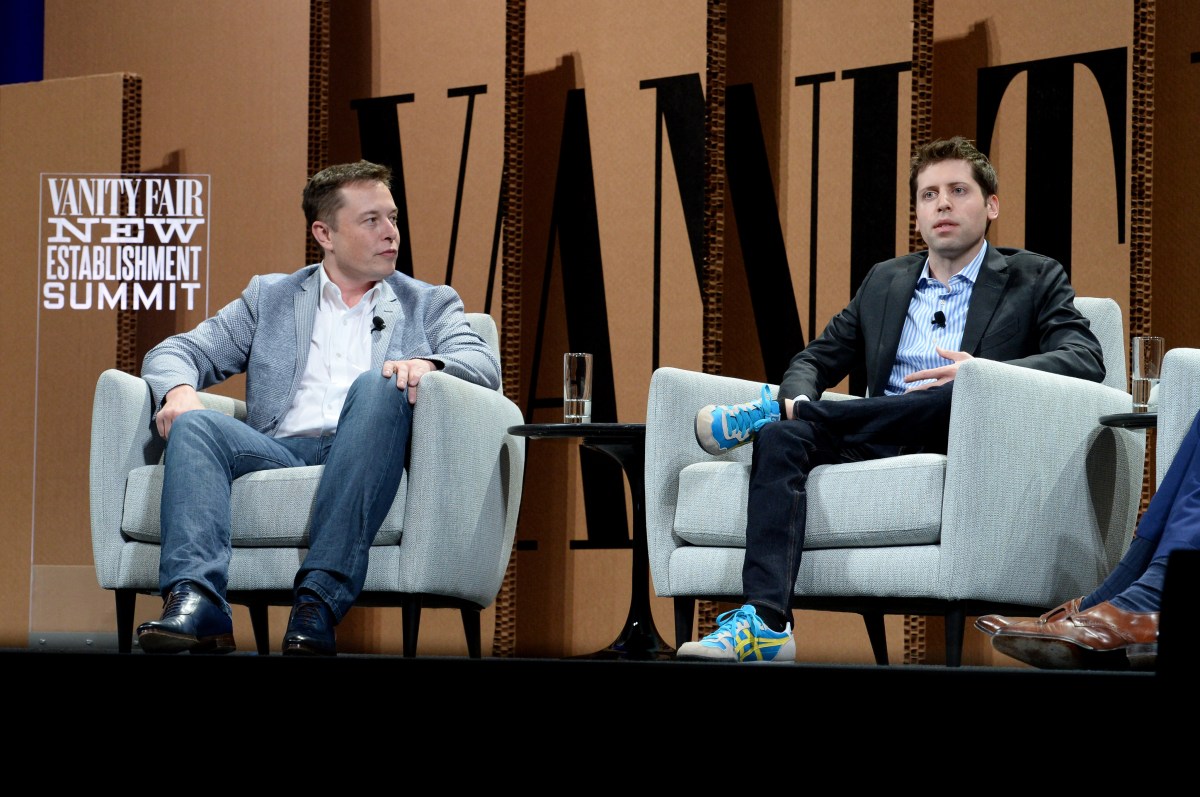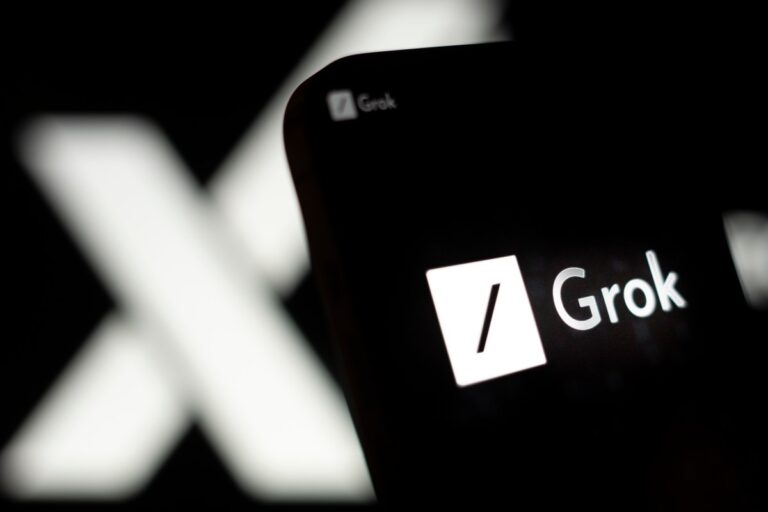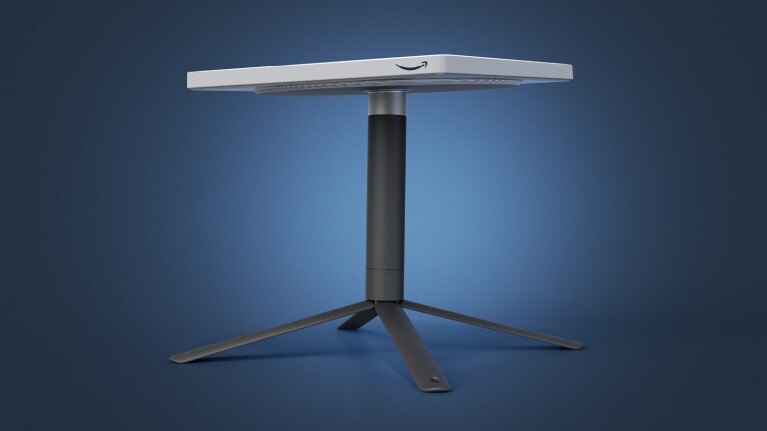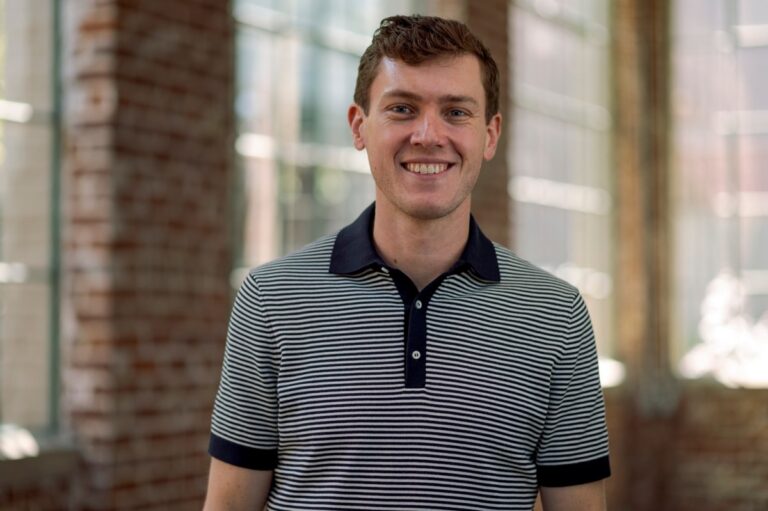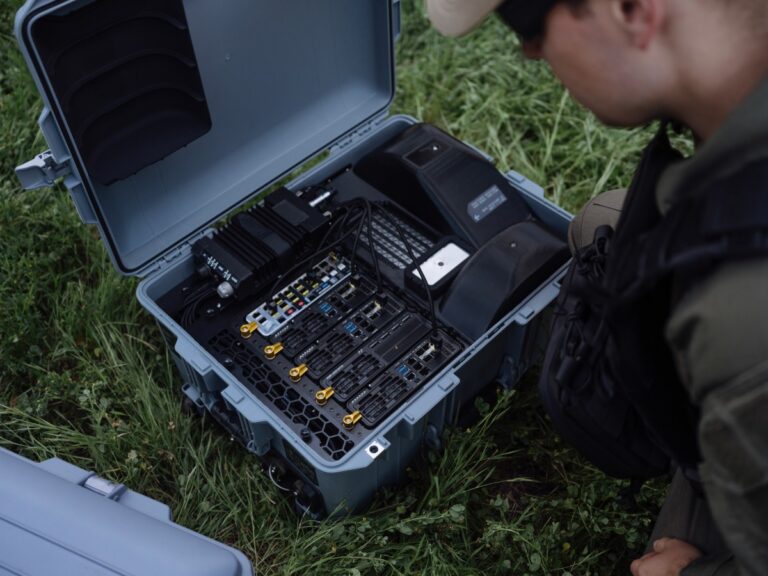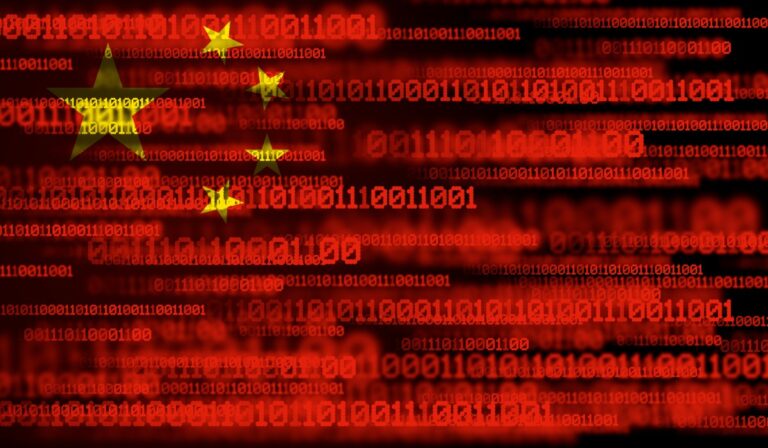Musk’s Potential Strategy to Halt OpenAI’s Shift to For-Profit Model
In a notable legal battle, Elon Musk recently faced a setback in his lawsuit against OpenAI. This case has drawn significant attention, especially concerning OpenAI’s controversial shift from a nonprofit to a for-profit model. The recent court ruling has left Musk and other critics of OpenAI’s profit-driven plans with a glimmer of hope, as a federal judge has raised questions about the implications of this conversion.
Background of the Lawsuit Against OpenAI
Elon Musk’s lawsuit against OpenAI also names Microsoft and OpenAI CEO Sam Altman as defendants. The crux of the lawsuit lies in accusations that OpenAI has deviated from its founding mission to ensure that its AI research benefits all of humanity. Originally established as a nonprofit in 2015, OpenAI transitioned to a “capped-profit” model in 2019 and is now aiming to restructure itself as a public benefit corporation.
Recent Court Ruling
On Tuesday, U.S. District Court Judge Yvonne Gonzalez Rogers of Northern California denied Musk’s request for a preliminary injunction to prevent OpenAI’s transition to a for-profit organization. However, the judge expressed concerns about potential harm when public funds are utilized to support a nonprofit’s shift to profit-making. Judge Rogers stated:
“Significant and irreparable harm is incurred when the public’s money is used to fund a nonprofit’s conversion into a for-profit.”
Concerns Raised by the Court
One of the pivotal points in Judge Rogers’ ruling was the acknowledgment that OpenAI’s nonprofit currently holds a majority stake in its for-profit operations. The judge noted that this transition could yield billions of dollars for OpenAI, raising questions about the ethical implications of this financial gain.
Implications for OpenAI’s Founders
Judge Rogers also referenced the foundational commitments made by several OpenAI co-founders, including Altman and Greg Brockman, emphasizing their promise not to use OpenAI as a means for personal enrichment. To address the corporate restructuring disputes, the court has proposed an expedited trial set for the fall of 2025.
Reactions and Future Considerations
Marc Toberoff, Musk’s attorney, expressed satisfaction with the court’s decision, indicating a willingness to accept the expedited trial offer. However, OpenAI has yet to respond publicly to this development.
Regulatory Scrutiny and AI Safety Concerns
Tyler Whitmer, representing Encode, a nonprofit that submitted an amicus brief, highlighted that Judge Rogers’ decision casts a shadow of regulatory uncertainty over OpenAI’s board. With ongoing investigations from the attorneys general in California and Delaware, the concerns raised by the judge might intensify these inquiries.
- OpenAI’s Evidence: The evidence presented by Musk’s legal team regarding a breach of contract related to a $44 million donation was deemed insufficient for a preliminary injunction.
- xAI’s Role: Musk’s AI company, xAI, was also a plaintiff in the case but failed to prove it would face irreparable harm from OpenAI’s transition.
The Stakes for OpenAI
OpenAI is under pressure to finalize its for-profit conversion by 2026, or risk having recent capital raised convert to debt. Concerns about the implications of this transition for AI governance and public safety have been voiced by former employees, who worry that prioritizing profit may overshadow the organization’s original mission.
As the situation develops, stakeholders—including regulators, AI safety advocates, and tech investors—will be closely monitoring OpenAI’s path forward. The upcoming trial and regulatory inquiries will play crucial roles in shaping the future of AI governance and the ethical landscape of artificial intelligence.
For further insights on legal implications in AI development, visit TechCrunch or explore OpenAI’s official website.

